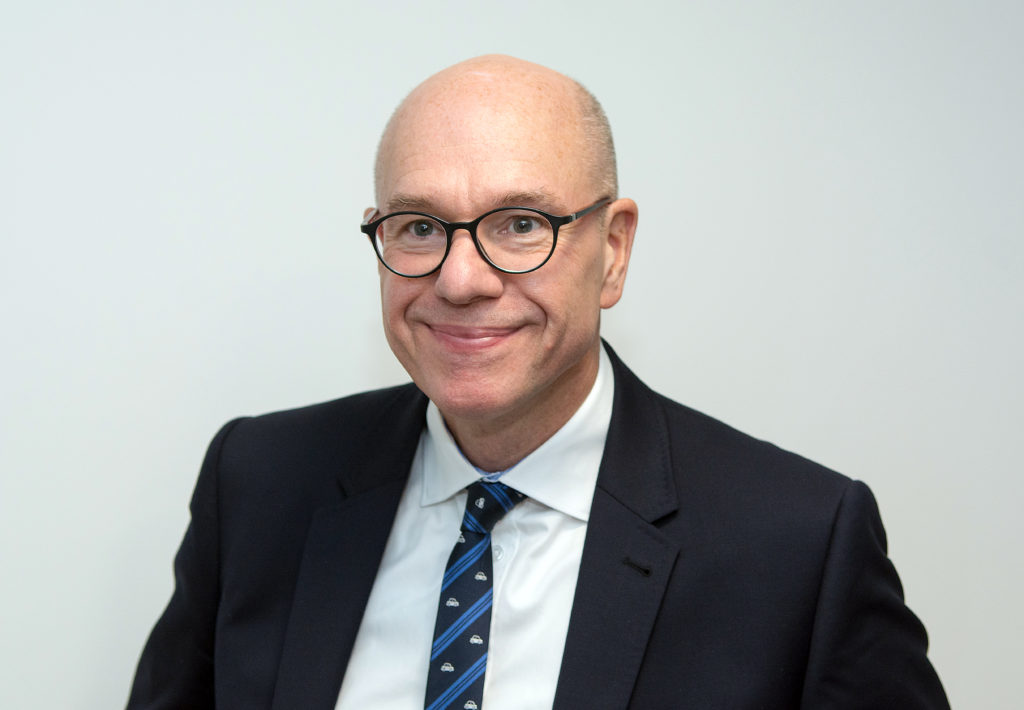
The energy market is in a state of change.
Technological, economic, environmental, and political developments are all having an unprecedented influence on how the UK considers, consumes and stores energy.
There are well publicised issues around how and where energy is produced, but the distribution of this energy is a subject that raises more questions.
Is access to energy a basic human right? What are the ethical implications of storing and sharing energy? And who should be making decisions on what we buy and what we share?
The closure of the Feed in Tariff (FIT) is one development which raises ethical concerns.
In November 2018 Claire Perry (Energy Minister) signalled a shift on export tariff plans and declared it was “wrong to provide solar for free”.
Furthermore, on 8 January 2019 the Department for Business, Energy and Industrial Strategy published a further consultation on a ‘Smart Export Guarantee’ under which government would legislate for suppliers to remunerate small-scale low-carbon generators for the electricity they export to the grid.
However, it looks unlikely that any direct replacement for the FIT or an export tariff will be in place for April 2019 meaning consumers may be giving excess energy back to the grid for free.
When businesses and homeowners pay a ‘unit’ charge for any energy they consume, renewable energy producers providing usable energy without recompense is troubling.
According to World Bank nearly one billion people – mainly in Sub-Saharan Africa and Asia do not have access to electricity.
There is significant opportunity to use renewable technologies – such as solar – to bring electricity to rural communities.
Kenya is a leading example of a country embracing renewable technologies for economic benefit. The Rural Electrification Authority (REA) in Kenya works with businesses to implement off-grid solar system – they are working towards universal access to electricity by 2020 to help the country achieve financial sustainability.
In addition, the Kenyan government is investing heavily in geothermal energy production, and Kenya will also be home to Africa’s largest wind farm – the Lake Turkana Wind Power project in the north west of the country, designed to produce enough energy to power one million homes.
Access to electricity is arguably a fundamental human right and the growth in renewables such as solar is going to be a key factor in ensuring this worldwide access.
So, how do we ensure ethical distribution? It could be argued that only the homeowners at the upper end of the social spectrum, and big businesses have the resources to choose renewable technologies.
Often the less well-off, and smaller businesses do not have the freedom to make that choice. More renewable technology means more electricity will be taken ‘off grid’.
Less than 40% of an energy bill is the wholesale cost of the energy, the remaining 60+% covers network costs, operating costs etc. Fewer consumers on the grid means that those distribution costs will need to be shared by a smaller group.
This may mean that the energy bills for the less well-off, who remain dependant on the grid are likely to rise. The fairness of this arrangement is clearly concerning, and there is pressing need to ensure greater equality in both choice and charges.
The ethics of who should decide how and where energy can be sold are still subject of debate. Consumers are becoming producers, producers are becoming consumers – the term “prosumer” has been used to describe these people – and the ethics of who should ultimately benefit from these changing models looks unlikely to be solved in the immediate future.
In the meantime, the move to decentralisation continues apace and technologies such as solar look likely to remain fundamental to this energy revolution.
Recommended for you
